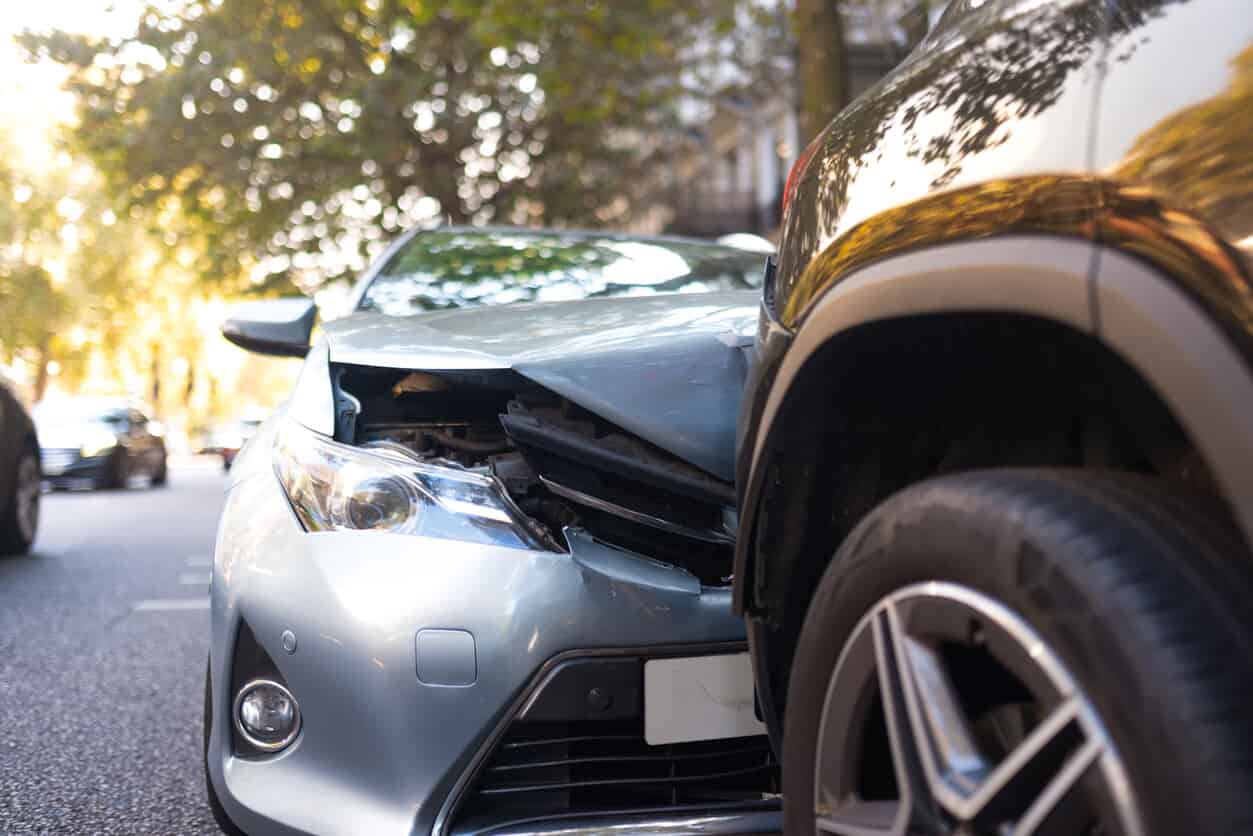As of January 1, 2025, Texas drivers no longer need to pass an annual safety inspection to register most non-commercial vehicles. While the goal was to simplify registration, this change has raised serious concerns about vehicle safety, accident prevention, and liability, especially when mechanical issues go unnoticed.
Annual safety inspections were one of the few safeguards in place to catch worn-out brakes, bald tires, broken lights, and other dangerous defects before they led to serious crashes. Without them, some worry more unfit vehicles will be allowed to stay on the road, raising the chances of avoidable injuries and fatalities.
At Hilliard Law, we’ve represented countless people harmed in accidents caused by vehicle failures that could’ve been prevented with basic upkeep. This new law may make those incidents more common, and the consequences more devastating.
What Changed: Texas Ends Safety Inspections for Most Vehicles
Under House Bill 3297, signed in 2023, Texas eliminated the requirement for annual safety inspections for most non-commercial vehicles beginning January 2025.
Key changes include:
- Annual inspections are no longer required for personal vehicles in most counties.
- Drivers must still pay a $7.50 “inspection program replacement fee” when registering.
- Emissions testing continues in 17 counties, including Dallas, Travis, Harris, and Bexar.
- Commercial vehicles are not affected—they still require annual inspections.
Texas was one of just 15 states that previously mandated safety inspections for passenger vehicles. That extra layer of accountability is now gone for most drivers.
Why Annual Inspections Mattered
Inspections were a modest but vital check to ensure vehicles met minimum safety standards before being allowed on the road each year. Certified mechanics commonly flagged:
- Bald or damaged tires
- Worn-out brake pads or fluid issues
- Faulty or nonworking lights
- Cracked or obstructed windshields
- Loose or missing wheels
- Suspension or steering defects
These issues aren’t just technical—they’re often precursors to serious crashes. According to a Texas DPS legislative study commissioned in 2017, vehicles with safety defects were, on average, three years older than other vehicles on the road. Nearly 25% of drivers in the study were asked to fix bald or defective tires, potentially preventing future crashes. Another report found that defective vehicles were more than three times as likely to be involved in fatal accidents.
This is a crucial point, particularly given that Texas consistently leads the nation in traffic fatalities. In 2023 alone, at least 4,291 people were killed in motor vehicle crashes across the state—that’s nearly one death every two hours.
What This Means for Texas Drivers
The repeal of mandatory inspections does not change a driver’s legal responsibility to maintain a safe vehicle. In fact, with no state-mandated checks in place, that responsibility now falls squarely on individual drivers.
Here’s what Texas drivers should keep in mind:
- Routine maintenance is more important than ever.
- If your car causes a crash due to mechanical failure, you could be held financially liable, even without a legal inspection requirement.
- If you’re injured in a crash caused by another driver’s unsafe vehicle, you may be able to pursue compensation for your injuries and losses.
What If You’re Injured by a Poorly Maintained Vehicle?
Even without inspections, Texas law still holds drivers accountable for crashes caused by neglecting basic vehicle upkeep.
You may have a valid personal injury or wrongful death claim if the crash involved:
- Tire blowouts due to worn or underinflated tires
- Brake failure from skipped repairs or overlooked maintenance
- Wheels detaching due to improper installation or wear
- Steering or suspension issues that led to a loss of control
- Malfunctioning lights or indicators that caused a visibility-related crash
- Unsecured loads that fell from a vehicle or trailer
In some cases, a repair shop or fleet operator may also be liable if they failed to properly service or inspect a vehicle.
Preventive Tips for Drivers in the Post-Inspection Era
Without mandatory checks, here’s how to stay proactive:
- Get your vehicle professionally inspected at least once a year, even if it’s not required.
- Check your tire condition and pressure monthly.
- Have your brakes tested regularly and never ignore warning signs like squealing or grinding.
- Replace burned-out lights or cracked windshields promptly.
- Secure any loads or trailers you tow.
- Pay attention to dashboard warning lights—and address them immediately.
Responsible upkeep protects you, your passengers, and everyone else on the road.
Injured in a Crash Involving Vehicle Neglect? We Can Help.
Safety inspections may be gone, but that doesn’t mean dangerous vehicles belong on the road. When someone’s failure to maintain their car causes harm, they can and should be held accountable.
At Hilliard Law, we’ve spent decades fighting for Texans injured in motor vehicle crashes, including those involving brake failure, tire blowouts, and mechanical negligence. If you or a loved one was injured in a crash and believe poor maintenance played a role, we can help.
Call (866) 927-3420 or contact us online to request your FREE consultation.

